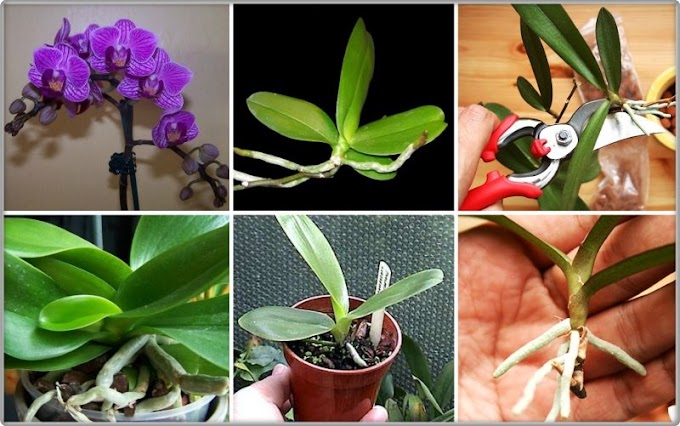There are over 2,000 species of Psychotria, the genus under which Hot Lips falls. Where does Hot lips Grow? Psychotria elata is part of the tropical rainforest understory flora of the Americas. It is a unique plant with uninteresting flowers but fabulous lip-like bracts. The plant can be difficult to grow and has very special cultivation conditions.
Hot Lips grows as a shrub or small tree. The plant has deeply veined simple leaves of matte green. The flower is actually a pair of modified leaves that pout around the tiny star-like white to cream flowers.
These become small bluish-black berries. The plant is very attractive to butterflies and hummingbirds. Unfortunately, the plant is severely threatened due to habitat destruction and development. It is nearly impossible to get the plant or seeds. It is a common gift plant in Central America, however, usually for Valentine’s Day.
Hot Lips plant is also called Hooker’s Lips but Hot Lips is a little more family friendly. Interestingly, this plant contains the chemical dimethyltryptamine, a psychedelic. It is also used as traditional medicine among the Amazon people to treat aches and arthritis, infertility and impotency.
Growing Conditions and General Cultivation
Hot Lips plant is from Central and South America, especially in areas like Columbia, Ecuador, Costa Rica and Panama. It grows where the soil is rich and humid from leaf litter, moist and sheltered from the most powerful sun rays by upper story trees.
Interior growers turn to plants from around the world to add exotic touches to the home. Hot Lips plant fits the bill but requires a tropical environment.
For this reason, it is mostly a collector’s plant for much of the United States. Growing Hot Lips plants requires a heated greenhouse or solarium, high humidity and shelter from harsh solar rays.
Growing Hot Lips plant means mimicking the understory tropical environment for which it is suited. Most potting soil will not have both the excellent drainage and moisture retentiveness necessary to raise these plants. Add a bit of vermiculite and peat moss before potting up the plant.
Place it in an area with temperatures of at least 70ºF (21ºC), humidity of at least 60% and indirect bright lighting.
Source: gardeningknowhow.com




